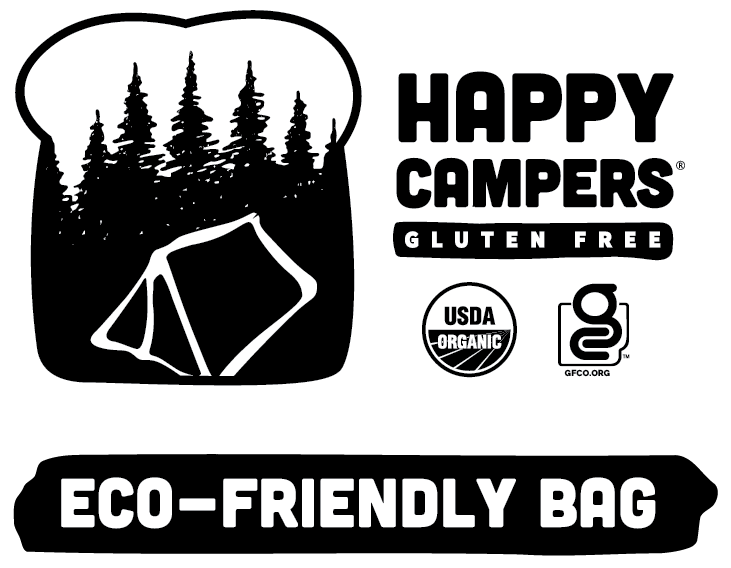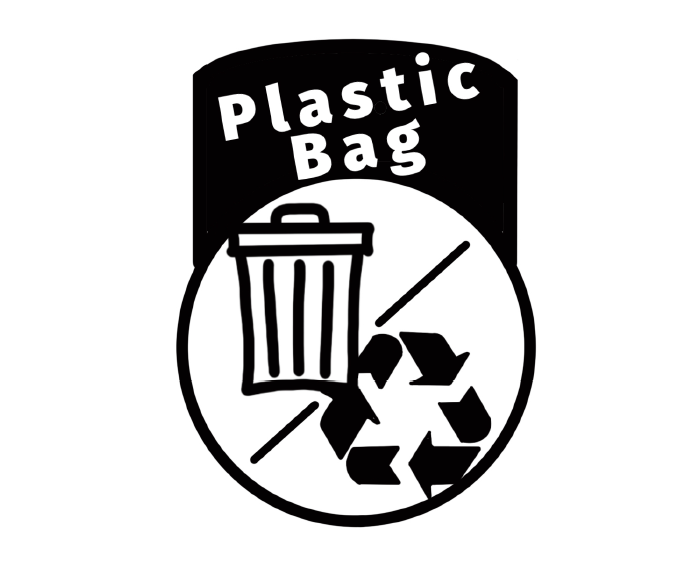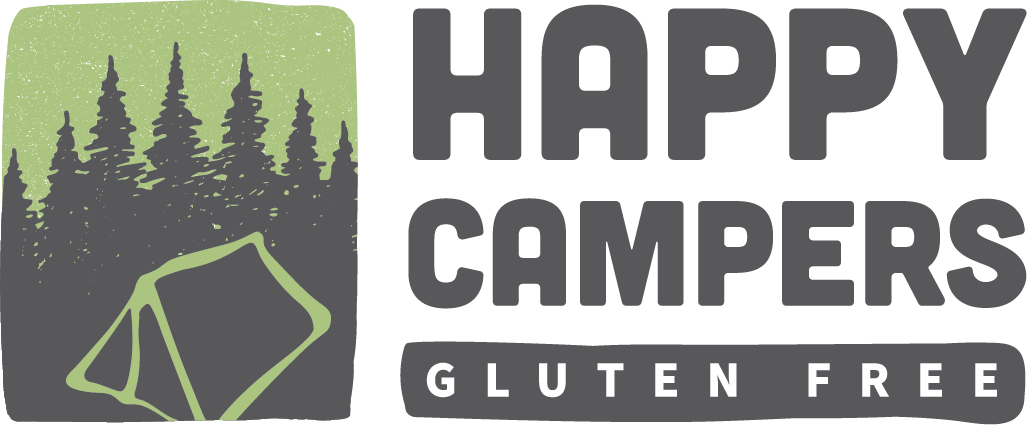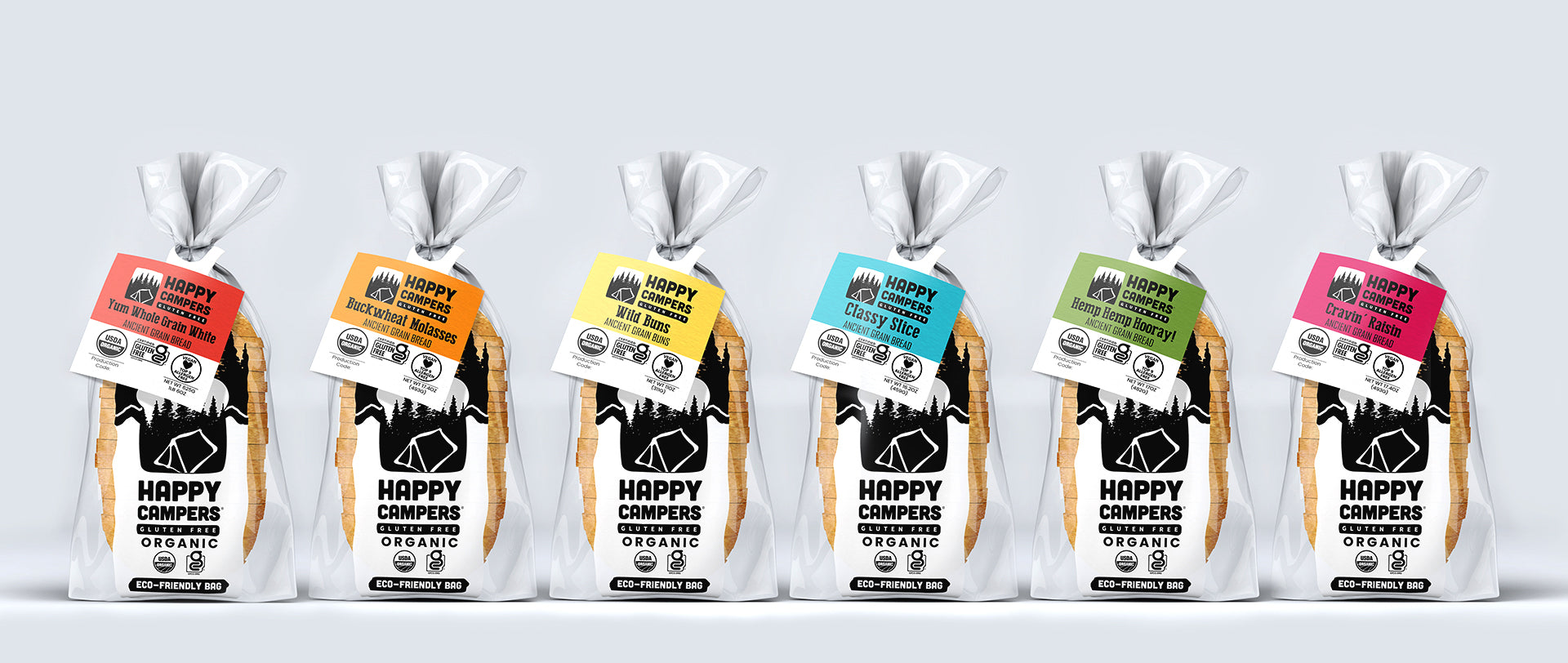
We started Happy Campers out of our love for wellness and happiness.
For us, it makes all the sense in the world that our own health is intertwined with the health of our planet and the environment around us.
Our commitment to Sustainability begins with seeking the MOST ENVIRONMENTALLY FRIENDLY PACKAGING available.
Since June 2024, all Happy Campers breads and buns have been packaged in bags made from a revolutionary plastic alternative material. This bag will completely break down in the landfill in less than 5 years! Click below to learn more.
How does it work?
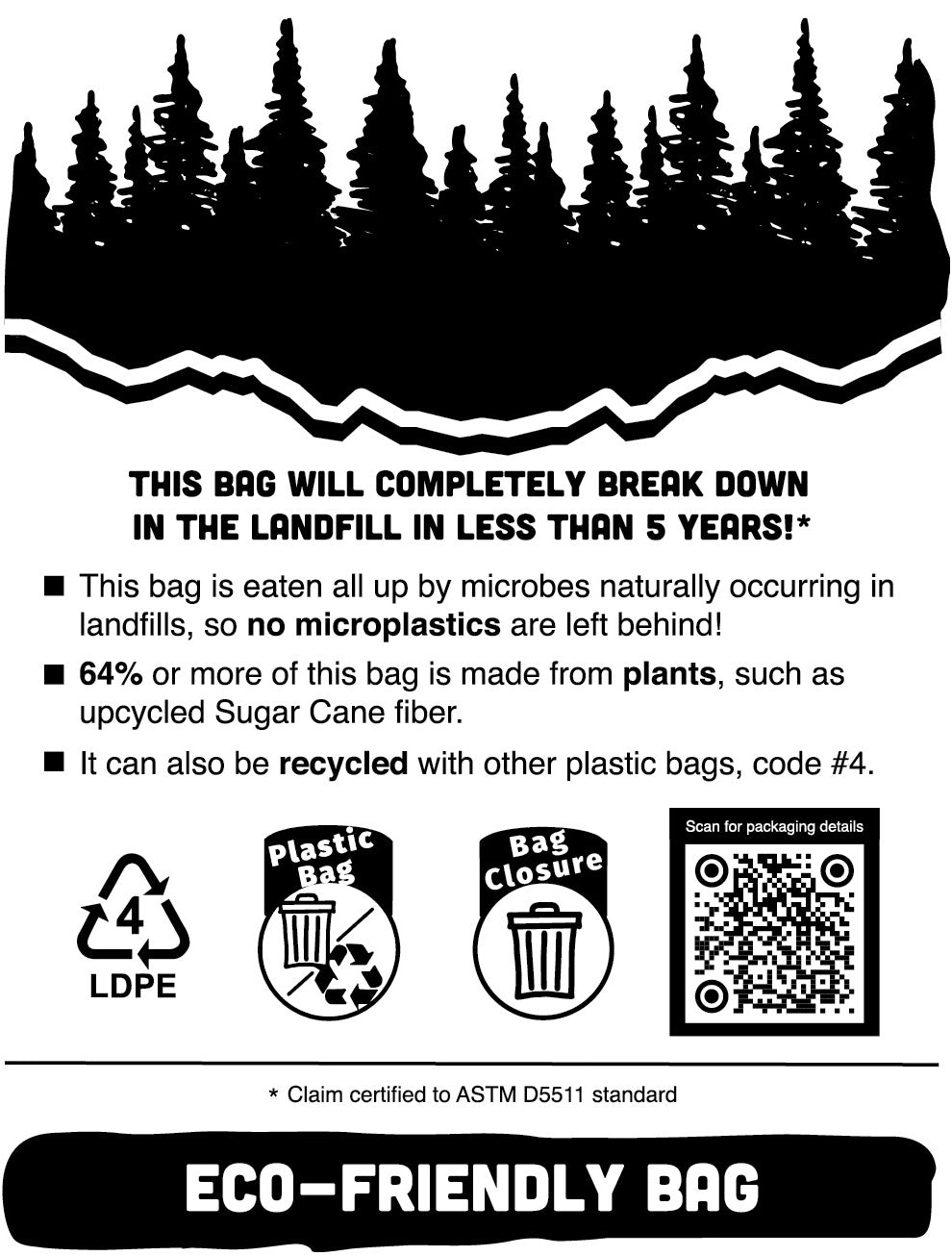 The short story is printed on each bag, which you can see on the image here.
The short story is printed on each bag, which you can see on the image here.
The long story is that this new eco-friendly bread packaging has been in the works for many years. Plastic alternatives are still a very new and complex area. There are so many facets to consider.
Here are the highlights of our new earth-friendly bread bag and why we believe it's the best option available today:
💚 The eco-friendly technology in this bag is based on the revolutionary discoveries in recent years of microorganism naturally able to digest plastic and turn it into organic material.
💚 There are now over 40 different known species of microbes naturally occurring in landfills known to literally eat plastic.
💚 The reason why they don't is because traditional plastic is extremely hydrophobic so they cannot attach to it.
💚 The revolutionary material of our new bags allows these microbes to attach and start munching away.
💚 Unlike oxo-degrable products, these bags don't leave behind microplastic particles and don't release any environmentally unfriendly elements.
What is it made from?
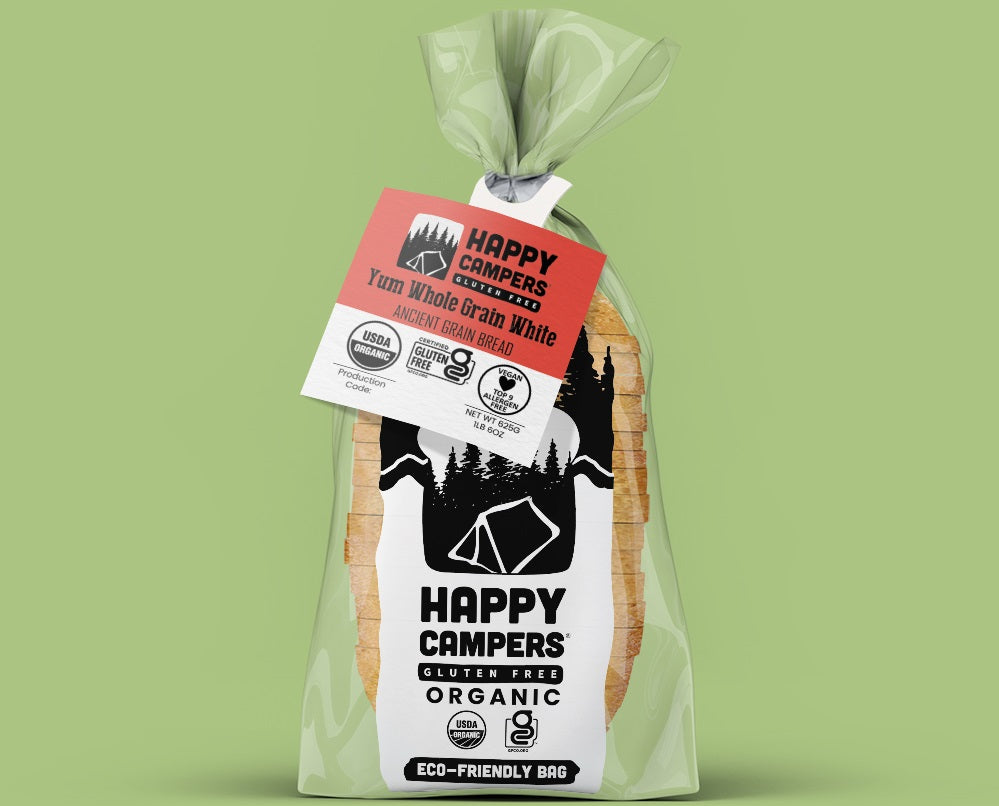
💚 The plastic alternative material is at least 64% bio-based and made from upcycled sugar cane fiber, left over after pressing sugar cane during sugar production.
💚 Besides being tossed in the trash, our eco-friendly bread bags can also be recycled with other plastic bags under existing PE code #4.
💚 The bags are FDA food contact compliant, they look and feel very similar to regular plastic bags and present no food allergens, chemicals or additives.
💚 Note about compostable bags: While we love composting, the current reality is that a vast majority of people do not compost and nearly all waste still ends up in landfills. With our new bag's end-of-life landfill solution, we believe it is the most environmentally friendly choice available today.
💚 We're so excited to pack your yummy loaves in bags that help address the world's plastic crisis! We're proud of this important step and we are committed to refining and improving as new options become available.
